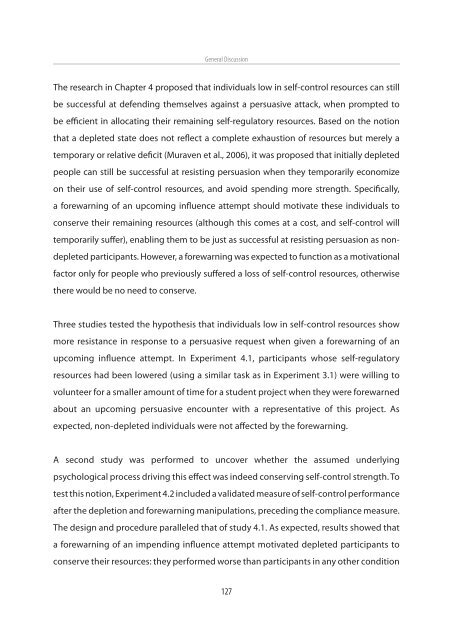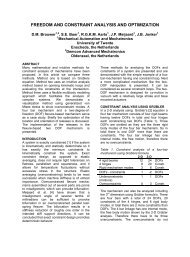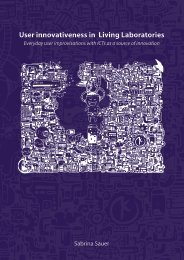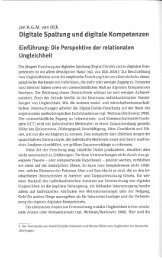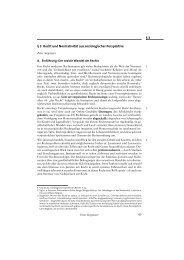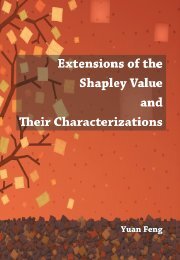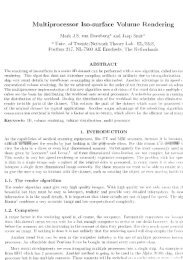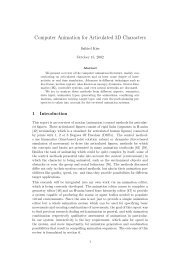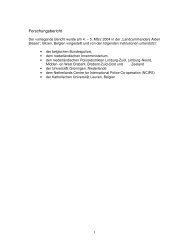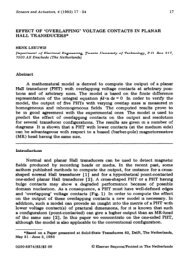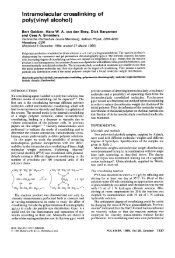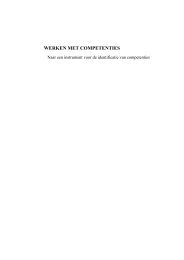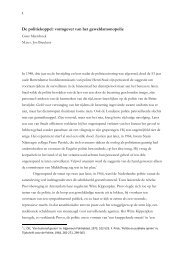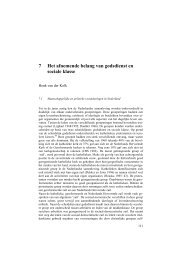Chapter 1 - Universiteit Twente
Chapter 1 - Universiteit Twente
Chapter 1 - Universiteit Twente
Create successful ePaper yourself
Turn your PDF publications into a flip-book with our unique Google optimized e-Paper software.
General Discussion<br />
The research in <strong>Chapter</strong> 4 proposed that individuals low in self-control resources can still<br />
be successful at defending themselves against a persuasive attack, when prompted to<br />
be efficient in allocating their remaining self-regulatory resources. Based on the notion<br />
that a depleted state does not reflect a complete exhaustion of resources but merely a<br />
temporary or relative deficit (Muraven et al., 2006), it was proposed that initially depleted<br />
people can still be successful at resisting persuasion when they temporarily economize<br />
on their use of self-control resources, and avoid spending more strength. Specifically,<br />
a forewarning of an upcoming influence attempt should motivate these individuals to<br />
conserve their remaining resources (although this comes at a cost, and self-control will<br />
temporarily suffer), enabling them to be just as successful at resisting persuasion as nondepleted<br />
participants. However, a forewarning was expected to function as a motivational<br />
factor only for people who previously suffered a loss of self-control resources, otherwise<br />
there would be no need to conserve.<br />
Three studies tested the hypothesis that individuals low in self-control resources show<br />
more resistance in response to a persuasive request when given a forewarning of an<br />
upcoming influence attempt. In Experiment 4.1, participants whose self-regulatory<br />
resources had been lowered (using a similar task as in Experiment 3.1) were willing to<br />
volunteer for a smaller amount of time for a student project when they were forewarned<br />
about an upcoming persuasive encounter with a representative of this project. As<br />
expected, non-depleted individuals were not affected by the forewarning.<br />
A second study was performed to uncover whether the assumed underlying<br />
psychological process driving this effect was indeed conserving self-control strength. To<br />
test this notion, Experiment 4.2 included a validated measure of self-control performance<br />
after the depletion and forewarning manipulations, preceding the compliance measure.<br />
The design and procedure paralleled that of study 4.1. As expected, results showed that<br />
a forewarning of an impending influence attempt motivated depleted participants to<br />
conserve their resources: they performed worse than participants in any other condition<br />
127


